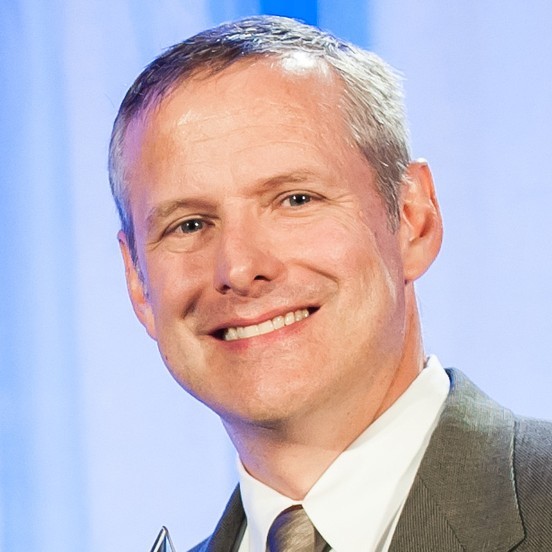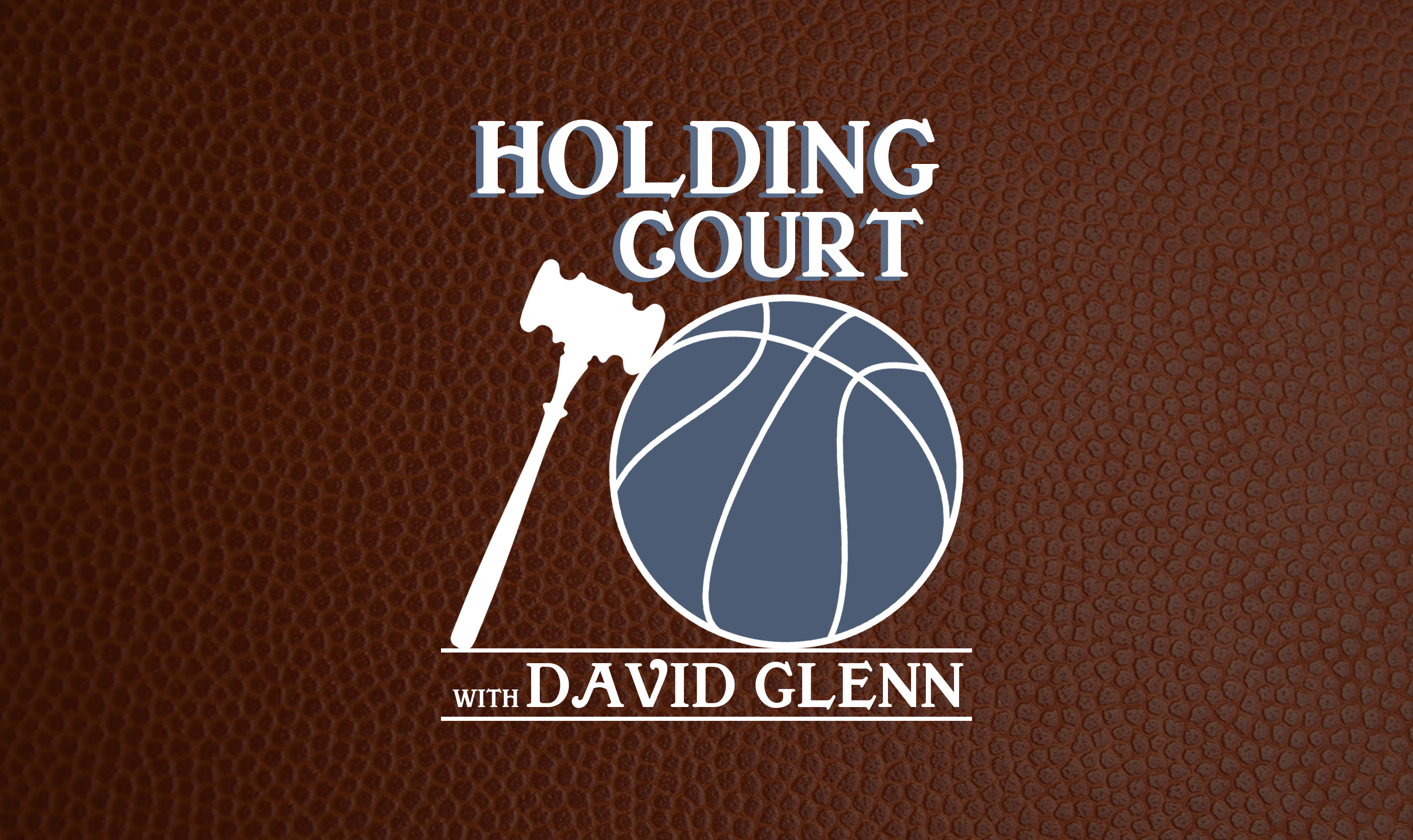While March Madness Celebrates Cinderella, It’s Elite NBA Talent That Translates To Titles
By David Glenn
(Part Two of a Six-Part NCAA/NBA Draft Series, Part One can be found here)
So, after a wild journalistic journey that started in 1996, enabled a form of time travel back to 1946, and has been updated more than two dozen times all the way into 2022, one conclusion hasn’t changed.
If you want to win the NCAA men’s basketball championship, you’d better have high-end, NBA-caliber talent on hand.
When one or two Kansas players (senior guard Ochai Agbaji is a lock, and junior guard Christian Braun has a chance) are chosen in the first round of the upcoming (June 23) NBA draft, it will continue a fascinating streak.
Since the creation of a professional basketball draft in the United States, every single NCAA champion — 75 in a row! (1947-2022, with no champion crowned in the 2020 COVID campaign) — has had at least one future top-30 NBA draft pick (the equivalent of a modern first-round selection) in its playing rotation at the time it captured the title.
The fun facts don’t end there, though.
In fact, in a sport that loves a good Cinderella-style story, which implies that at some point one of the Davids out there might finally get to cut down the nets at the conclusion of March Madness, it’s really been more of a rotating group of Goliaths, although those don’t always come in the form of the traditional, brand-name college basketball heavyweights.
The 1970s (please see the team-by-team details below) perfectly symbolize some of the deeper realities behind the 76-year-long streak described above.
For example, coach John Wooden’s UCLA dynasty claimed exactly half of the decade’s national championships, including four in a row from 1970-73. The Bruins, who still sit atop the list of NCAA titles in men’s basketball (with 11) five decades later, captured 10 of those crowns in the 12-year period from 1964-75.
Kentucky (1978) and Indiana (1976), two more programs on the NCAA championships short list, with eight and five, respectively, also added to their totals in the 1970s. Quick reminder: The only other schools with five or more NCAA titles in men’s basketball are North Carolina (six) and Duke (five).
During this decade, another NCAA-NBA draft reality emerged. It was amazing how much and what kind of future NBA talent was required, historically speaking, to win the NCAA title.
On average, the NCAA champions of the 1970s utilized more than three future top-30 NBA draft picks, and every single one of those squads had at least one future top-10 pick on hand. In fact, nine of the 10 title teams from this era had at least one future top-three NBA selection, and several had multiple top-three picks.
Meanwhile, half of the NCAA title teams of the 1970s produced a #1 overall pick in the NBA draft: 1972 UCLA (Bill Walton), 1973 UCLA (Walton), 1974 NC State (David Thompson), 1976 Indiana (Kent Benson) and 1979 Michigan State (Magic Johnson).
Putting aside the draft details for a moment, consider this: The NCAA champions of the 1970s also had an average of almost five future NBA players (regardless of draft status) on their rosters at the time they won it all.
You can put only five guys on the court at a time, of course, which makes some of these numbers truly astounding.
When UCLA won it all in 1970, all five of its starters were future NBA players. When the Bruins took the title in 1975, they had seven future NBA players. That set the all-time record in that unofficial category, although it’s been matched (multiple times) and even exceeded (rarely) since then.
TOP-30 NBA PICKS ON NCAA CHAMPIONS (1970-79)
(For detailed information on the NCAA champions from 1955-69, please click here)
1979 Michigan State
Head Coach: Jud Heathcote
Starters Who Became Top-30 NBA Picks (3): sophomore PG Magic Johnson (#1 overall pick), senior F Greg Kelser (#4), sophomore F Jay Vincent* (#24)
Backups Who Became Top-30 NBA Picks (0): none
NBA Players/Games (3/2,020): Johnson (1,096 games), Vincent (614), Kelser (310)
1978 Kentucky
Head Coach: Joe B Hall
Starters Who Became Top-30 NBA Picks (3): senior C Rick Robey (#3), senior F Jack “Goose” Givens (#16), sophomore G Kyle Macy (#22)
Backups Who Became Top-30 NBA Picks (0): none
NBA Players/Games (4/1,384): Macy (595), Robey (546), Givens (169), freshman C Chuck Aleksinas (74)
1977 Marquette
Head Coach: Al McGuire
Starters Who Became Top-30 NBA Picks (2): junior PG Butch Lee (#10), senior F Bo Ellis (#17)
Backups Who Became Top-30 NBA Picks (0): none
NBA Players/Games (4/998): junior C Jerome Whitehead (689), Ellis (183), Lee (99), sophomore F Bernard Toone (27)
1976 Indiana
Head Coach: Bob Knight
Starters Who Became Top-30 NBA Picks (4): junior C Kent Benson (#1), senior F Scott May (#2), senior PG Quinn Buckner (#7), senior F Bobby Wilkerson (#11)
Backups Who Became Top-30 NBA Picks (1): sophomore G Wayne Radford* (#27)
NBA Players/Games (6/2,800): Buckner (787), Benson (709), Wilkerson (558), May (362), senior F Tom Abernethy (332), Radford (52)
1975 UCLA
Head Coach: John Wooden
Starters Who Became Top-30 NBA Picks (3): senior F Dave Meyers (#2), sophomore F Marques Johnson (#3), sophomore C Richard Washington (#3)
Backups Who Became Top-30 NBA Picks (1): freshman G Raymond Townsend (#22)
NBA Players/Games (7/1,681): Johnson (745), Washington (362), Meyers (300), Townsend (154), junior G Andre McCarter (103), freshman C Brett Vroman (11), junior C Ralph Drollinger (6)
1974 NC State
Head Coach: Norm Sloan
Starters Who Became Top-30 NBA Picks (2): junior F David Thompson (#1), senior C Tommy Burleson (#3)
Backups Who Became Top-30 NBA Picks (0): none
NBA Players/Games (3/1,213): Thompson^ (632), Burleson (461), junior PG Monte Towe^ (120)
1973 UCLA
Head Coach: John Wooden
Starters Who Became Top-30 NBA Picks (2): junior C Bill Walton (#1), junior F Jamaal Wilkes (#11)
Backups Who Became Top-30 NBA Picks (2): sophomore F Dave Meyers (#2), senior C Swen Nater (#16)
NBA Players/Games (6/2,526): Wilkes (941), Nater^ (752), Walton (517), Meyers (300), junior G Greg Lee^ (10), freshman C Ralph Drollinger (6)
1972 UCLA
Head Coach: John Wooden
Starters Who Became Top-30 NBA Picks (2): sophomore C Bill Walton (#1), sophomore F Jamaal Wilkes (#11)
Backups Who Became Top-30 NBA Picks (1): junior C Swen Nater (#16)
NBA Players/Games (5/2,967): Wilkes (941), Nater^ (752), senior G Henry Bibby (747), Walton (517), sophomore G Greg Lee^ (10)
1971 UCLA
Head Coach: John Wooden
Starters Who Became Top-30 NBA Picks (3): senior F Sidney Wicks (#2), senior F Curtis Rowe (#11), senior C Steve Patterson* (#18)
Backups Who Became Top-30 NBA Picks (0): none
NBA Players/Games (4/2,484): Wicks (769), junior G Henry Bibby (747), Rowe (618), Patterson (350)
1970 UCLA
Head Coach: John Wooden
Starters Who Became Top-30 NBA Picks (4): junior F Sidney Wicks (#2), junior F Curtis Rowe (#11), senior G John Vallely (#14), junior C Steve Patterson* (#18)
Backups Who Became Top-30 NBA Picks (0): none
NBA Players/Games (5/2,584): Wicks (769), sophomore G Henry Bibby (747), Rowe (618), Patterson (350), Vallely (100)
*-not a “first-round” pick (NBA draft didn’t have 30 picks/round until 2004)
^-some games played from ABA (existed from 1967-76, before merger with NBA)
Next Time: Much more on this NCAA champion/NBA draft connection. Thanks for reading.
 David Glenn (DavidGlennShow.com, @DavidGlennShow) is an award-winning author, broadcaster, editor, entrepreneur, publisher, speaker, writer and university lecturer (now at UNC Wilmington) who has covered sports in North Carolina since 1987.
David Glenn (DavidGlennShow.com, @DavidGlennShow) is an award-winning author, broadcaster, editor, entrepreneur, publisher, speaker, writer and university lecturer (now at UNC Wilmington) who has covered sports in North Carolina since 1987.
The founding editor and long-time owner of the ACC Sports Journal and ACCSports.com, he also has contributed to the Durham Herald-Sun, ESPN Radio, the New York Times, the Washington Post, Raycom Sports, SiriusXM and most recently The Athletic. From 1999-2020, he also hosted the David Glenn Show, which became the largest sports radio program in the history of the Carolinas, syndicated in more than 300 North Carolina cities and towns, plus parts of South Carolina and Virginia.
Chapelboro.com does not charge subscription fees, and you can directly support our efforts in local journalism here. Want more of what you see on Chapelboro? Let us bring free local news and community information to you by signing up for our biweekly newsletter.
Featured photo via AP Photo/David J. Phillip.


